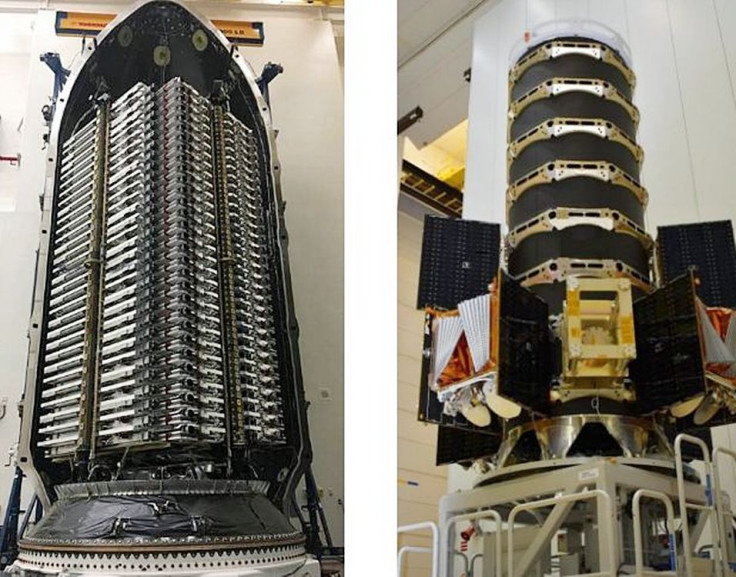2026-01-16
Life
2024-05-24
1533 Read.
A team of researchers at the University of Texas uncovered a top secret of Elon Musk's Starlink satellite internet service when it successfully reverse-engineered its signal to work like a global positioning system (GPS).
Over the past two years, Todd Humphreys and his team at the University of Texas Austin Radionavigation Lab, have been reverse-engineering signals from Starlink internet satellites in low earth orbit (LEO) to ground-based receivers.
But all their hard work paid off when Humphreys revealed they had cracked the problem and noted that regular beacon signals from the constellation, which are intended to help receivers connect with satellites and could form the groundwork for a useful navigation system.
"The Starlink system signal is a closely guarded secret," Humphreys said, noting that "even in our early discussions when SpaceX was being more cooperative, they didn't reveal any of the signal structure to us." He added, "we had to start from scratch, building basically a little radio telescope to eavesdrop on their signals."
The research, funded by the U.S. Army, started with a Starlink terminal and used the service to stream YouTube videos of Tennis superstar Rafael Nadal 24 hours a day. The team paired it with an antenna nearby to detect regularly repeating synchronization sequence signals that Starlink uses to help the ground-based receivers stay linked to the satellites.
The repeating signals are sent at precisely timed intervals, which is four sequences for every millisecond–the same approach that the GPS uses. When coupled with details on Starlink's satellites' movement, it can be utilized to calculate the location of the receiver with an accuracy of 98 feet.
In a non-peer-reviewed paper, Humphreys posted on the UT lab's website, the head of the Radionavigation Lab detailed the team's breakthrough. "We develop a technique for blind signal identification of the Starlink downlink signal in the 10.7 to 12.7 GHz band and present a detailed picture of the signal's structure," the research read.
"Importantly, the signal characterization offered herein includes the exact values of synchronization sequences embedded in the signal that can be exploited to produce pseudo-range measurements," it noted. "Such an understanding of the signal is essential to emerge efforts that seek to dual-purpose Starlink signals for positioning, navigation, and timing, despite their being designed solely for broadband Internet provision," the research stated.
The 98 feet accuracy is a far cry from the accuracy of the GPS using advanced receiver equipment the U.S military depends on. Humphreys, however, believed that if SpaceX would cooperate, it could improve the positional accuracy to less than a meter.

© Copyright IBTimes 2024. All rights reserved.